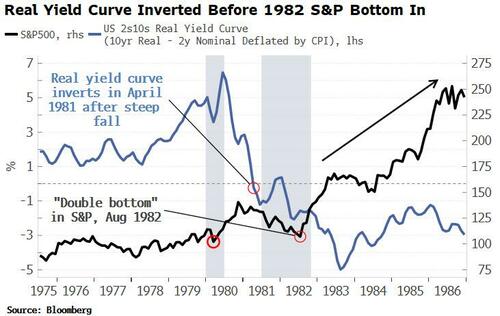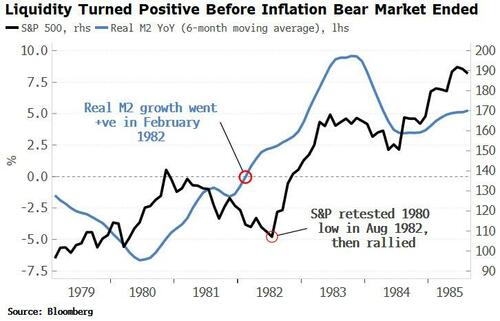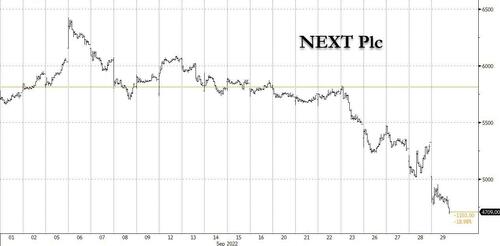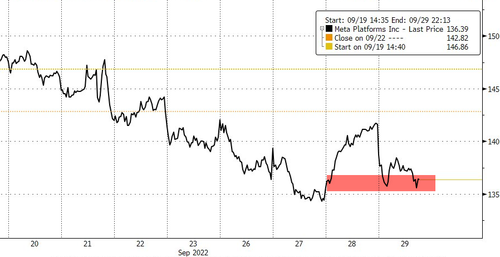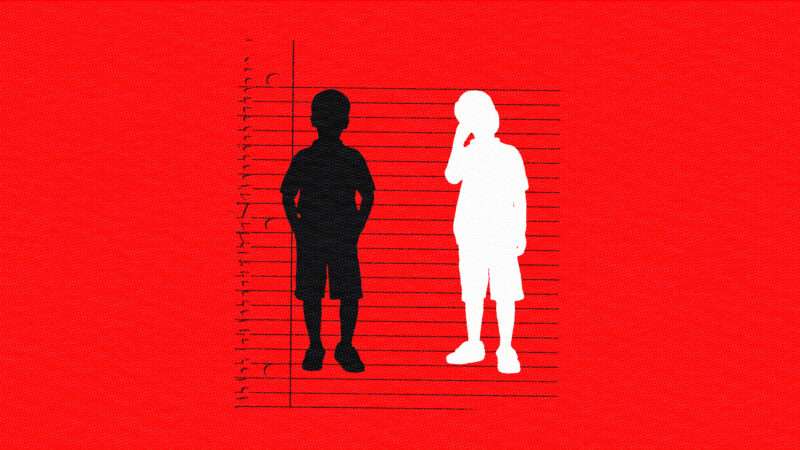From Judge Amos Mazzant’s decision Monday in Phillips v. Collin Community College Dist. (E.D. Tex.):
This case arises from a series of statements—a newspaper publication, an interview, class discussions, and social media posts—made by Phillips during the time he was a professor at Collin College. According to Phillips, Defendants “violat[ed] his constitutional rights by retaliating against him for speaking as a private citizen about public issues” in each of the enumerated instances. Specifically, Phillips complains that Defendants placed a prior restraint on his speech through a number of policies and directives, all of which Phillips claims were “attempt[s] to silence College faculty” from speaking “as private citizens on matters of public concern.”
Phillips asserts that the conflict between Phillips and Defendants began in 2017 when Phillips co-authored an open letter published in the Dallas Morning News advocating for the removal of Confederate memorials. In the letter, Phillips identified himself as a professor at Collin College and listed his faculty email as a point of contact. According to Phillips, he co-authored the letter as a private citizen. Nonetheless, after the letter was published, two Collin College administrators met with Phillips and reminded him of Collin College’s policy that requires faculty to “‘exercise appropriate restraint, exhibit tolerance for differing opinions, and indicate clearly that they are not an official spokesperson for the College’ when they speak or act as private citizens.”
Later, in 2019, Phillips granted the Washington Post an interview wherein he discussed race relations and the then-recent shooting at an El Paso, Texas grocery store. The shooter was a former Collin College student but was not a former student of Phillips’s. Prior to Phillips’s interview, Collin College’s President, H. Neil Matkin, sent out a directive via email to the Collin College campus:
Friends,
The press has reached out to multiple campus administrators and district personnel regarding the El Paso shooting. At this time, it is believed that the shooter was a college student as late as spring 2019.I have issued a statement as follows (forgive the size—working from home): [attached]
Please refer all press inquiries you may receive to Marisela Codena-Smith at mcsmith@.collin.edu or by phone to the president’s office (972-758-3800). Any law enforcement personnel should be referred to Chief Bill Taylor at wtavlor@collin.edu or by phone to the president’s office.
Please keep the El Paso (and also the Ohio) victims and their [families] in your thoughts and prayers.
Thank you all,
Neil
Ten days after the directive was sent out and five days after the interview was published, Defendants required that Phillips meet with Associate Dean Kristin Streater … to discuss his violation of the directive. Nearly a month later, on September 3, 2019, Defendants provided Phillips with an “Employee Coaching Form” related to the interview, informing Phillips that “[e]xpectations moving forward are to follow the President’s directives when approached by the media.”
In June of 2020, shortly after the start of the global COVID-19 pandemic, Phillips commented on Collin College’s response to the pandemic in a post to his personal Facebook account. Following his post, Defendants called Phillips into a meeting with Streat and then-Dean Mary Barnes-Tilley … to discuss the Facebook post. During the meeting, Barnes-Tilley asked Phillips “do you still want to work here?” and told him that his post violated the Collin College Employee Standards of Conduct’s. According to Phillips’s, he interpreted Barnes-Tilley’s comments during the meeting “as a threat to terminate his employment if he continued to speak out.”
On August 11, 2021, Phillips posted a photo of a slide from a faculty meeting on his personal Facebook and Twitter accounts. The slide in the photo indicated that faculty were forbidden from requesting, requiring, or recommending masks be worn. Defendants offered Executive Order GA-38 as the basis for this policy. Following these posts, on August 27, 2022, Streater issued Phillips a “Level I Warning” for insubordination and failing to use internal communication channels to address his concerns. The warning referenced the two latest posts, continuous failure of Phillips to bring his concerns in an appropriate manner, the 2019 interview, and the 2020 Facebook post.
At the beginning of the Fall 2021 semester, Phillips assigned his students an essay on the history of pandemics and epidemics from the time of Columbus to the current COVID-19 crisis. During the class discussions pertaining to pandemics, Phillips voiced his annoyance with wearing masks, but commented that resistance to similar policies in the past had hindered societies from combatting the spread of other viruses in an attempt to engage his class in discussion on the issue. Due to these class discussions, Defendants asked Phillips to meet with Chaelle O’Quin …. During the meeting, O’Quin informed Phillips that “in order to make sure no one mandates masks, it is best to never discuss them at all” and then placed Phillips on a “Performance Improvement Plan.”
Following these incidents, Barnes-Tilley informed Phillips that his contract would not be renewed. Despite attempts to appeal the decision not to renew his contract, Phillips was terminated from his position once his current contract expired….
Defendants moved to dismiss, but the court disagreed:
Moving Defendants allege that their policies and directives do not amount to a prior restraint on speech because they do not expressly forbid certain speech or require prior approval to speak. Rather, Moving Defendants contend that the issue in the case at hand relates entirely to punishments placed on Phillips subsequent to his speech. Phillips, on the other hand, maintains that the policies and directives put forward and enforced by Defendants were meant to, and did, chill potential speech before it happened. The Court, accepting as true all well-pleaded facts in the complaint and viewing those facts in the light most favorable to Phillips, agrees with Phillips….
Moving Defendants are correct that “[t]he term ‘prior restraint’ is used to describe administrative and judicial orders forbidding certain communications when issued in advance of the time that such communications are to occur.” Moving Defendants’ narrow interpretation of the word “forbidding,” however, does not comport with well-established caselaw on the matter. See United States v. Nat’l Treasury Emps. Union (1995) (holding that a ban which did not expressly prohibit any particular kind of speech was nonetheless a ban that abridged the First Amendment because it induced employees to “curtail their expression if they wish[ed] to continue working for the Government.”); Baker v. City of Fort Worth (N.D. Tex. 2020) (holding that a city council permission scheme requiring the city council approve all posters is a prior restraint on speech despite no specific kind of poster being banned).
Accordingly, after reviewing the current complaint, and the arguments presented in the briefing, the Court finds that Phillips has stated plausible claims for relief in his fifth cause of action….
Congratulations to Greg Rebuel, Joshua Bleisch, JT Morris, and Katlyn Patton of the Foundation for Individual Rights and Expression, as well as Robert Wayne Schmidt of the Crews Law Firm PC, who represent Phillips. (Note that I’ve consulting for FIRE on various matters, but not on this case, and no-one asked me to blog about it.)
The post Professor's Prior Restraint Lawsuit Against Collin College Can Go Forward appeared first on Reason.com.
from Latest https://ift.tt/MIn0tTf
via IFTTT
